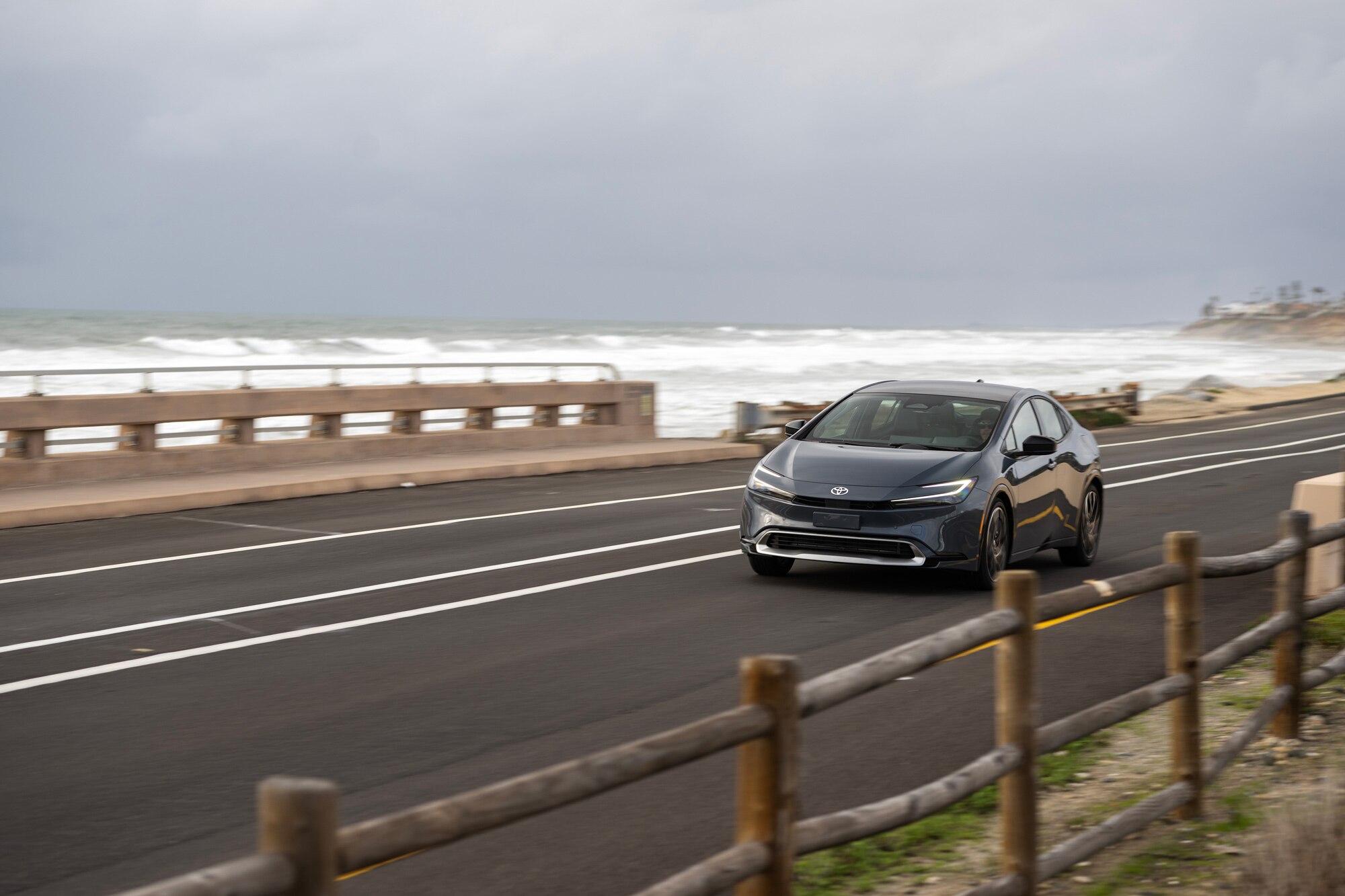What to Know About Battery Warranties for Hybrid Vehicles
Extended protection is available for these expensive components.
 Toyota
Toyota
Hybrid vehicles can offer great fuel economy and lower tailpipe emissions, but they also come with complex and expensive electrical components, including batteries. Here's a look at the warranty situation for these hybrid batteries.
Hybrid-Battery Warranties Are Separate From New-Car Warranties
When you buy a brand-new car, it comes with several different warranties, including a powertrain warranty and a comprehensive warranty that generally covers the vehicle bumper to bumper.
While it might seem as though a hybrid vehicle's battery would fall under the powertrain warranty, the power pack actually gets its own coverage. This reflects the fact that an electrified automobile's battery isn't just vital to its operation, but is also a specialized component that requires specific attention should an issue arise.
Given the typically high cost of replacement batteries — many hybrid batteries cannot be repaired if they fail — it's also a smart move by car companies seeking to give customers peace of mind that they won't be on the hook for a major expense.
What Does a Hybrid-Battery Warranty Cover?
Hybrid batteries can fail in multiple ways, and how those failures are covered can vary depending on the manufacturer.
Some companies, such as Toyota, bundle their hybrid-battery warranty under a general "hybrid-related component coverage" that includes things such as the control module and other electrical components, on top of the battery itself. Others may be limited to just the battery.
Then there's the question of what constitutes a battery "failure." All electric-vehicle batteries — hybrids included — degrade over time, gradually losing their ability to hold the same level of charge that they did when they were new. Some hybrid-battery warranties cover this type of wear and tear — usually for plug-in hybrids — and kick in if the power pack's capacity drops past a certain point during the coverage period. Other policies, however, are not as generous and will only cover the complete and total failure of the battery.
What's not covered by a hybrid-battery warranty is any type of physical damage — resulting from an accident or impact. Injury from improper charging, flood damage, or abuse is also generally excluded. In addition, such warranties do not cover mild hybrid designs, which commonly use a 48-volt battery. Those are usually covered by a separate warranty.
How Long Does a Hybrid-Battery Warranty Last?
Good news: most batteries used in hybrid-electric vehicles are covered under a warranty for a minimum of eight years or 100,000 miles, whichever comes first. That's considerably longer than most comprehensive warranty coverage and on par with many powertrain warranties. Some hybrid-battery warranties are transferable when you sell your vehicle — or purchase a used one.
There are companies that provide longer hybrid-battery warranties, lasting up to 10 years or 150,000 miles. Certain states also follow California's clean-air policies, which mandate a 10-year or 150,000-mile warranty for all hybrid batteries sold within their borders.
Written by humans.
Edited by humans.
 Benjamin Hunting
Benjamin HuntingBenjamin Hunting is a writer and podcast host who contributes to a number of newspapers, automotive magazines, and online publications. More than a decade into his career, he enjoys keeping the shiny side up during track days and always has one too many classic vehicle projects partially disassembled in his garage at any given time. Remember, if it's not leaking, it's probably empty.
Related articles
View more related articles